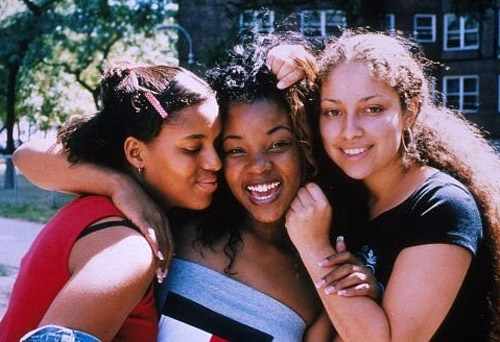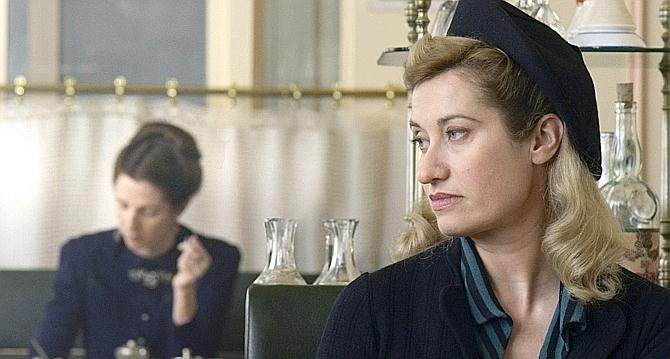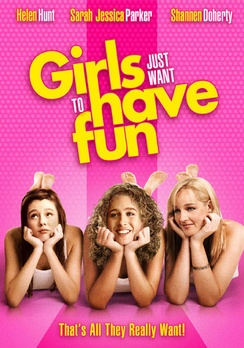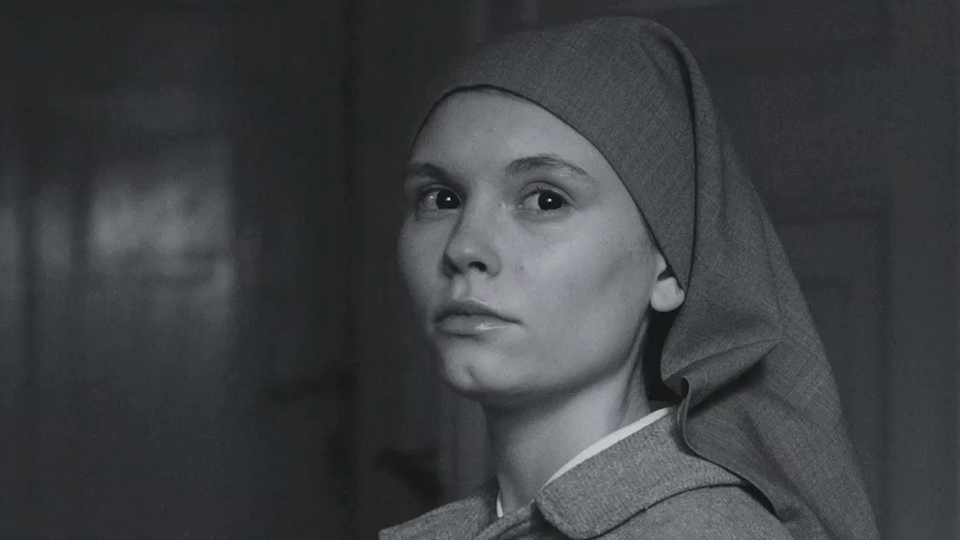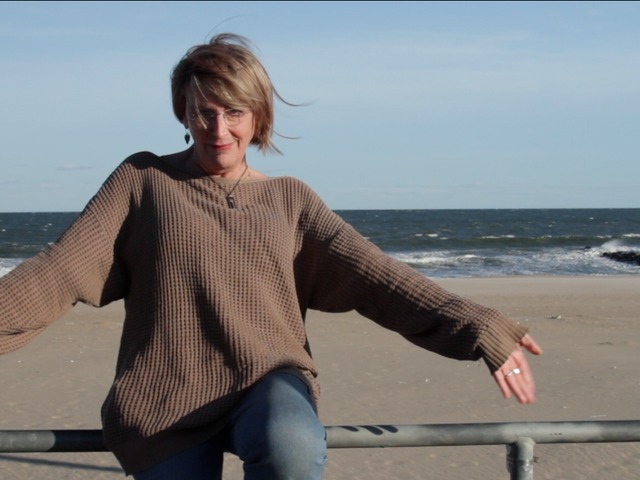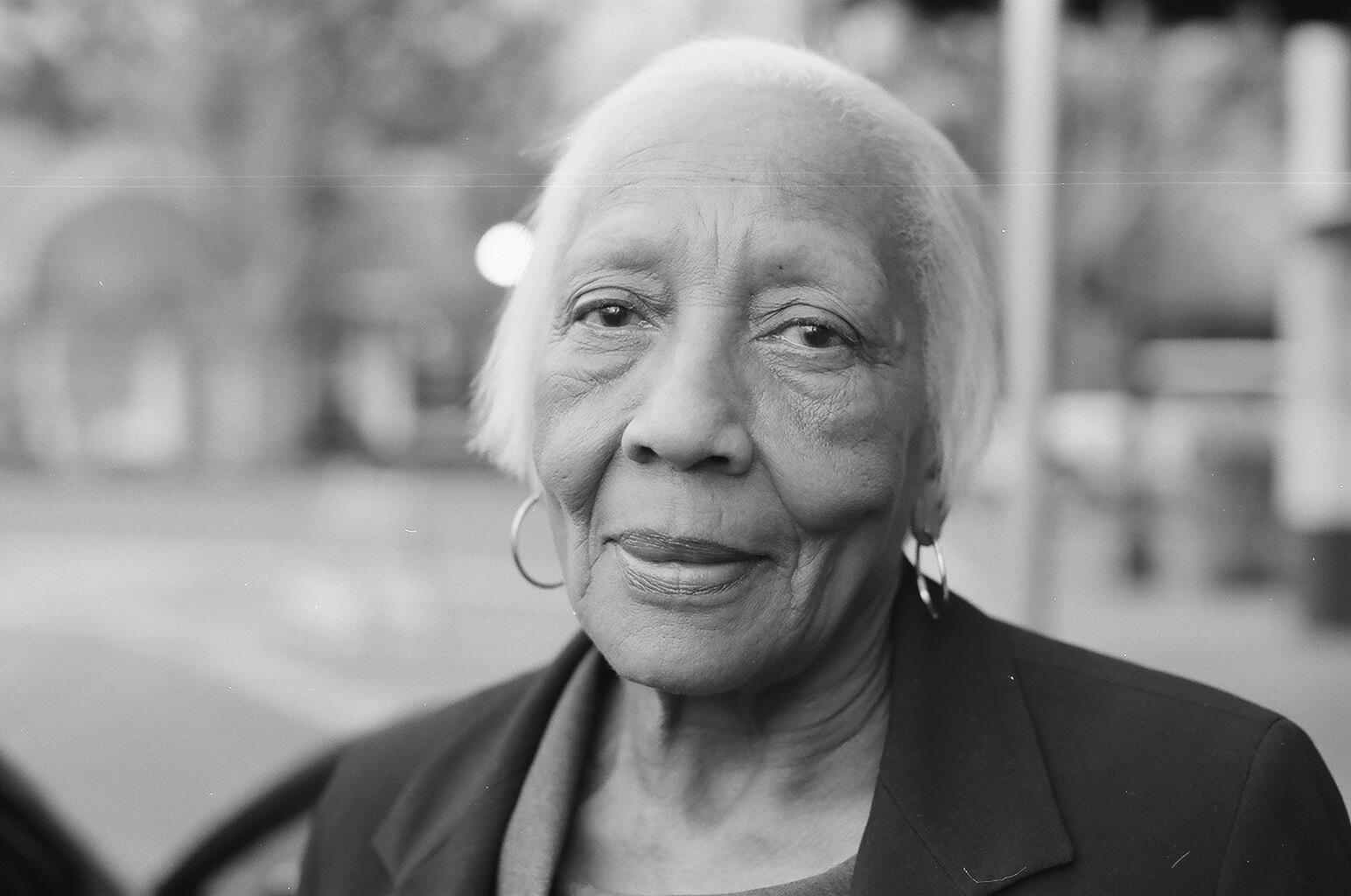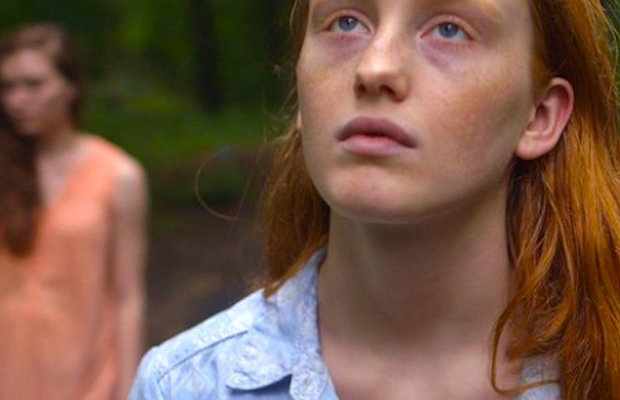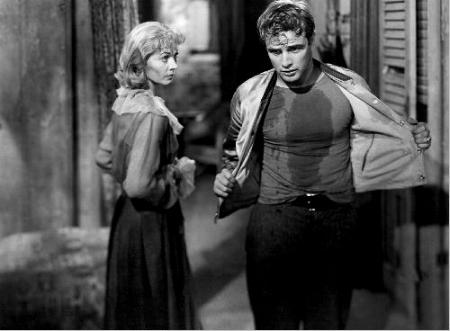‘Our Song’: Teen Girls Of Color As Heroines of Their Own Lives
In the 90s and early 2000s we seemed on the cusp of a sea change in which a white male teenager wasn’t the default character audiences were supposed to identify with. While films about grown women had stars like Whitney Houston (in ‘The Bodyguard’) Angela Bassett (Oscar-nominated for ‘What’s Love Got To Do With It’) and a pre “J. Lo” Jennifer Lopez (in ‘Selena’), films about teenaged girls of color popped up too. Leslie Harris’s ‘Just Another Girl on the IRT’ was released in the early 90s. In 2000 writer-director Jim McKay’s gorgeous, melancholy ‘Our Song,’ about the friendship of three teenaged girls of color (which starred Kerry Washington–in her film debut) opened in theaters.
